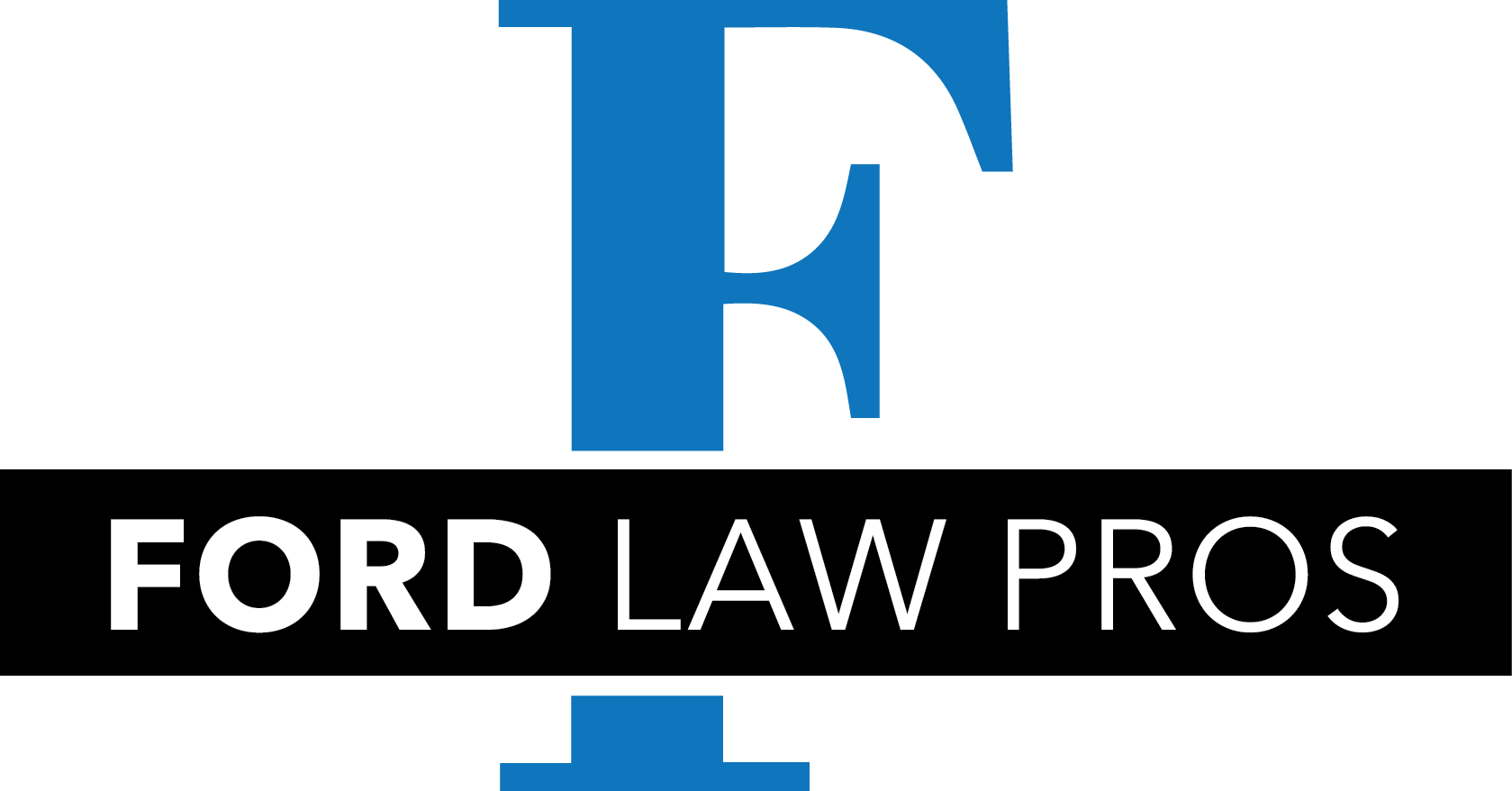The Condominium Act of 1976 was last amended in 2001 and this body of law has rapidly developed in the last ten years with the rise in owners walking away from their units, HOAs with little to no revenue and dwindling property values. Thankfully, the Council has undertaken the task of amending the District’s condo laws.
The 2012 amendments will set in stone new responsibilities for owners and new requirements for condominium boards of directors. Some of the new changes include: (1) requirements for all unit owners to purchase homeowner’s insurance (2) meeting notices may now be sent via email but owners have to waive the right to notice by hand-delivery or first-class mail; (3) all executive board meetings shall be open to unit owners in good standing but executive sessions can be held after an affirmative vote taken during an open meeting to discuss private matters such as litigation or contract negotiations; (4) unit owners may now vote on matters via email; and (5) if the condominium instruments require mortgage holders’ votes for amendments to the instruments; the respective mortgage holder has 60 days to cast its vote from the date the amendment is delivered or mailed or it shall be deemed to consent to the proposed amendment.
The new amendments will allow executive boards to conduct business more efficiently and require transparency into the rule-making process of condominium boards by mandating open meetings. While the proposed changes are good, the new law is dead silent on the issue of non-judicial foreclosures. Currently, the District of Columbia allows condominiums to exercise the “power of sale” over an owner who has defaulted on their condo fees. This means that an HOA can foreclose on an owner even if they are current on their mortgage. Some jurisdictions refer to this authority as a “super priority” or a “super-lien.”
Several jurisdictions permit HOAs to foreclose on owners without going to court- this process is referred to as “non-judicial foreclosure” and is much faster and cheaper than judicial foreclosure. In non-judicial actions, the HOA notifies the owner of the default and the first mortgagee (lender or its assignee) and then initiates foreclosure proceedings pursuant to the statute. However, a recent court decision issued by an associate judge of the D.C. Superior Court has chilled non-judicial foreclosures in the District. In his written opinion, he overturned an HOA foreclosure sale of a unit reasoning that DC’s current power of sale statute found in D.C. Code §42-1903.13 is insufficient to give HOAs the power to institute non-judicial foreclosures. He cites statutes in other jurisdictions that have a notice requirement for all interest parties. D.C.’s Condominium Act does not have such a requirement, and is thus, he reasoned, insufficient to uphold non-judicial foreclosures. Moreover, he says that the language of the statute is ambiguous and appears to give a “split-priority” lien between the HOA and the first mortgagee rather than a “super-lien.”
The D.C. Council must consider an amendment to the Condominium Act that adds a notice requirement to the power of sale clause in 42-1903.13 and that clarifies whether HOAs have a super priority over lenders to foreclose on a defaulted owner.
For more information on HOA/condominium foreclosures contact Yaida Ford at yford@new.fordlawpros.com.

